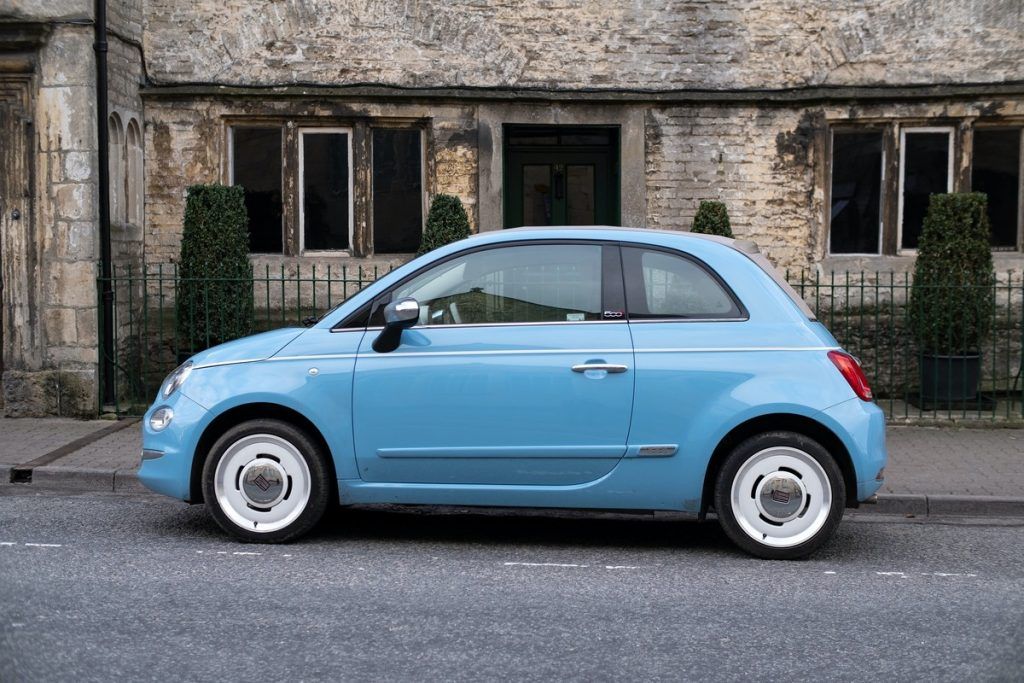It may happen that you ask to borrow a car, for a more or less long period of time, however you must always be informed about what you can and cannot do, unless you want to pay hefty fines and face completely unexpected and serious consequences.

Lend your car or borrow it it is part of the normality of any person and family, it will have happened to all of us at least once in a lifetime.
But be careful because this is not just an act of courtesy or a request for help, lending the car and borrowing it is a gamble.
What do you risk if you adequately inform yourself about what the highway code prohibits
If you don’t do it right, you risk fines that are anything but economicwhich can also become serious or impossible to pay for those who already have problems making ends meet.
Unfortunately, there is a lot of misinformation on the subject, because few inquire before lending their car to an acquaintance, friend or family member, for this reason it is time to give some mandatory clarifications.

What to do before lending your car to a friend or relative
First of all, before lending the car, you need to ask yourself if the person in question is reliable, then the rest can be done. If the car is to be loaned out for a short period, there are no problems, if it is done for more than a month, the motorization must be notified, which must issue a document certifying the temporary passage.
Only if you submit the data to the authorities within two months in the event of an accident you are protected, because by law the person responsible for accidents is the person who was driving and not the owner of the vehicle. If, on the other hand, you do not communicate the data, you risk having to pay a fine amounting to 9,000 euros.
Even if the person driving at the time of the accident is a relative or friend, the responsibility remains with him. As for administrative finesthe positions are much more nuanced.
For failure to provide driver data, you risk having to pay a fine che ranges from €292 up to a maximum of 1,668 for having violated article 126 bis and article 180 of the Highway Code. In the event of infringements, the costs are certainly higher.
Obviously all this is not valid if you lend your car to a person who is part of the household who can drive it at any time without fear.




